Feature Photo by Ralph Olazo on Unsplash
Introduction
Hello, my name is Swoyam Rajbhandari and I am an undergraduate in the program of Computer Science, currently in my 4th year. I am an international student from Nepal and am looking forward to having this class with you all.
Moving to a new country for studies was both an exciting and challenging experience. Adapting to a completely different education system, culture, and language taught me the values of resilience and resourcefulness. These experiences have shaped me into a more independent learner and a better problem solver—qualities that are invaluable in Computer Science.
Social Media and Its Role in Education:
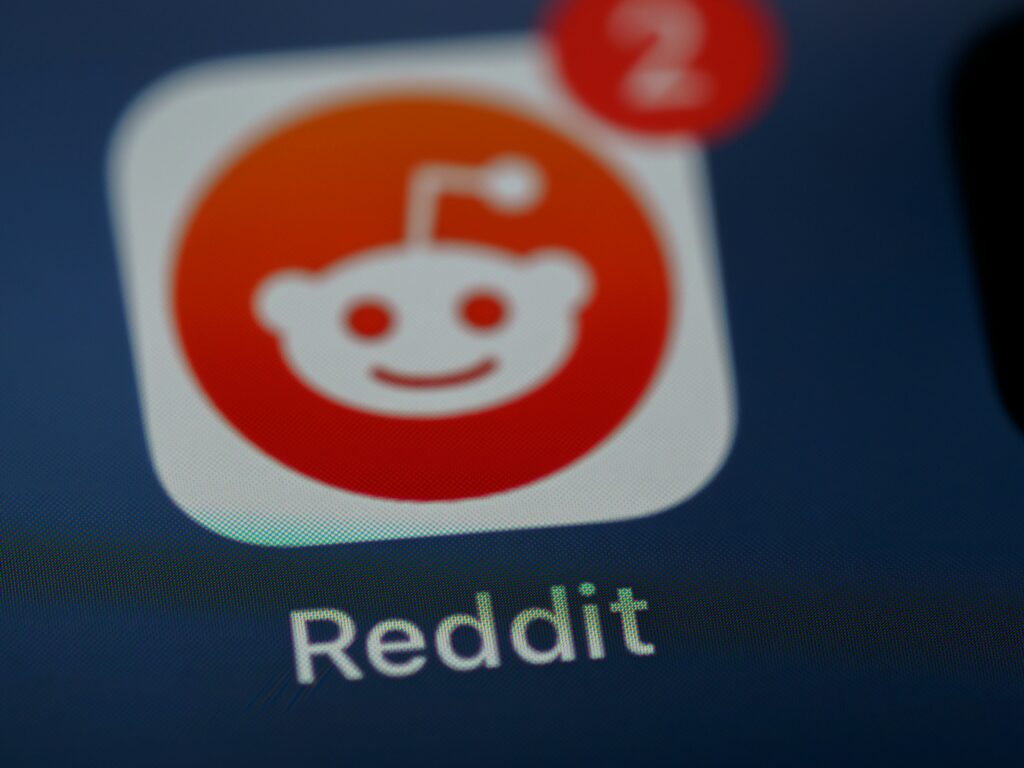
I have found Reddit and Quora to be particularly useful for building connections and learning. I use both platforms quite frequently. Whether it’s understanding concepts I find challenging or simply exploring topics I’m curious about, the answers are often just a few query searches away. While not all questions are answered as clearly as I would like, it’s still much better than navigating in the dark.
Additionally, shorts or links that appear while leisurely scrolling through these platforms often introduce me to discussions led by experts sharing their knowledge. This not only increases my own understanding and interest but also helps me discover accounts and communities dedicated to teaching specific subjects or topics. Through these connections, I’ve been able to build relationships with people who share similar expertise or interests.
Furthermore, in a general sense, social media can make learning more engaging by incorporating multimedia, interactivity, and collaboration in the following ways:
- Interactive Content: Platforms like TikTok, Instagram, and Reddit allow educators to create short, engaging videos that explain complex topics, catering to shorter attention spans.
- Discussion Forums: Facebook groups and Twitter threads encourage debates, idea-sharing, and collaborative problem-solving.
- Live Learning Events: Features such as Instagram Lives or Twitter Spaces can be used for Q&A sessions or guest lectures.
- Project Collaboration: Platforms like Pinterest facilitate brainstorming and organizing collaborative educational projects.
Advantages of Social Media in Education
- Accessibility: Social media can provide students with access to a vast array of learning materials anytime and anywhere.
- Community Building: It enables students and educators to collaborate and establish supportive networks.
- Multi-Resource Learning: Social media complements traditional learning tools by incorporating videos, podcasts, and interactive quizzes.
- Real-Life Skills: It fosters digital literacy, online etiquette, and networking.
Challenges of Social Media Use in Education
- Distractions: Many social media platforms are primarily oriented toward entertainment rather than education, making it difficult for students to stay focused on learning-related content.
- Misinformation: Students may rely on unreliable sources, leading to the spread of incorrect or misleading information.
- Privacy Issues: Sharing educational content and personal data online raises concerns about security and privacy.
Personalized Learning and Digital Literacies:
Being a 4th-year undergraduate in computer science, I have been able to feel the benefits of personalized learning and digital literacy for myself.
Personalized learning has given me a motivational atmosphere, helping me gain experiences that maximize my strengths in alignment with my interests, and career orientations. For instance, during a data visualization class project, instead of working with sample data provided within class, I was allowed to use real-world data I felt interested in, like university salary and STEM education. This independence in planning what will engage you the most is what really makes it worth acquiring skills relevant to my area of study.
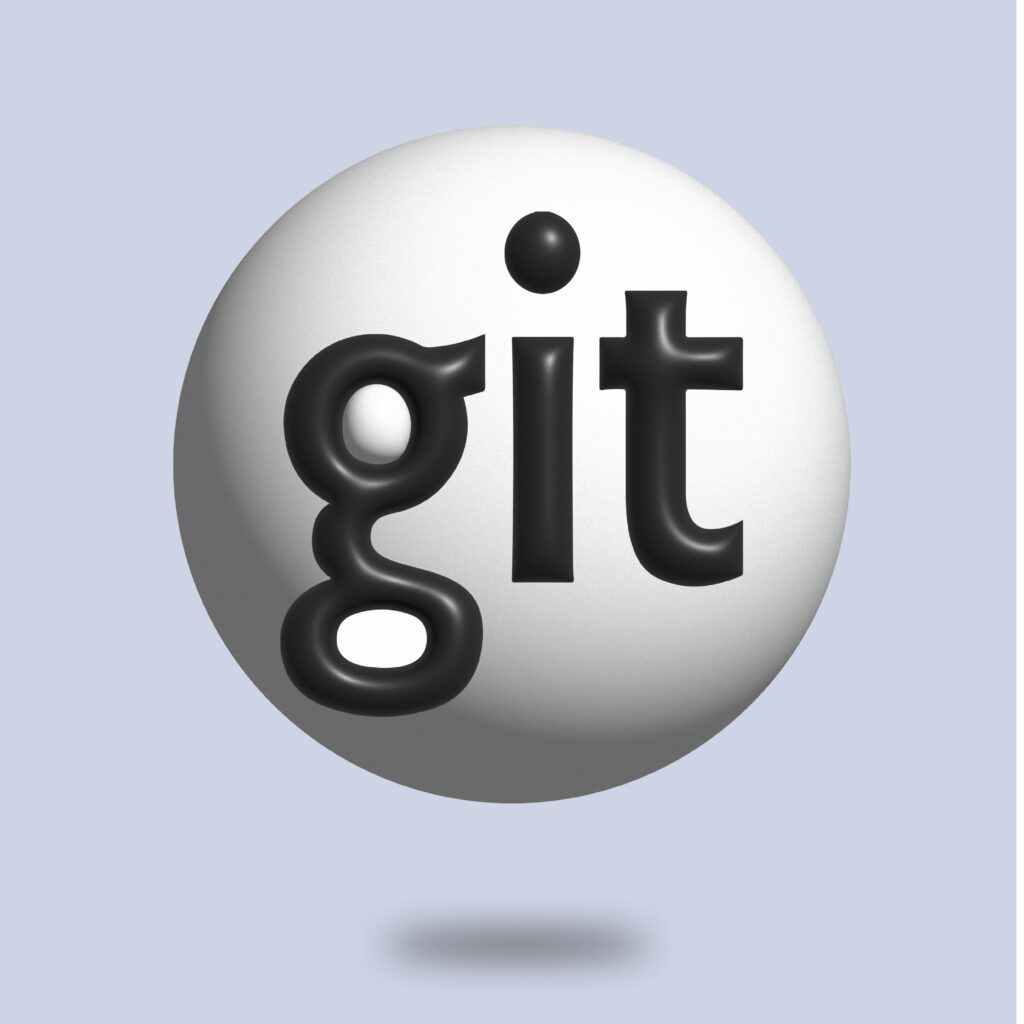
Digital literacy is important today because, in every field, be it education, work, or even personal development, we use a lot of technology. Digital literacy means using technology effectively, but also perceptively online for credibility and reliability. For example, knowledge of how to use collaborative tools like Jupyter Notebooks and navigate repositories like GitHub is critical for both academic and professional success in computer science. It also allows me to stay updated with the latest developments in this fast-evolving industry.
Personalized Learning in my education:-
The most influential throughout my curriculum is personalized learning, especially adaptive coding exercises. For instance, in machine learning, systems like Codecademy and Coursera will build customized lessons based on my performance. This keeps me engaged and able to focus on areas which require further attention, making learning more effective and enjoyable.
Digital literacy in my education:-
Digital literacy has empowered me to make practical use of technology in various academic and personal projects. Some them are:
- I used version control systems like Git for the effective management of codes in group assignments.
- I did online research about state-of-the-art algorithms on projects, such as rendering a bunny model using C++.
- I also created online interactive learning content using H5P to show how to meld technology into learning content.
Equally important, Personalized Learning and Digital Literacy are the interrelated parts of my academic luggage that finally prepared and inspired me for success in the world of work.
Digital Identity and Online Presence:
Most of my digital identities, such as Instagram, Twitter, and Facebook, are primarily personal and non-educational in nature, serving as platforms to connect with family and friends. On the other hand, platforms like Reddit, Quora, Discord, Github, Linkedlin are more focused on my educational pursuits.
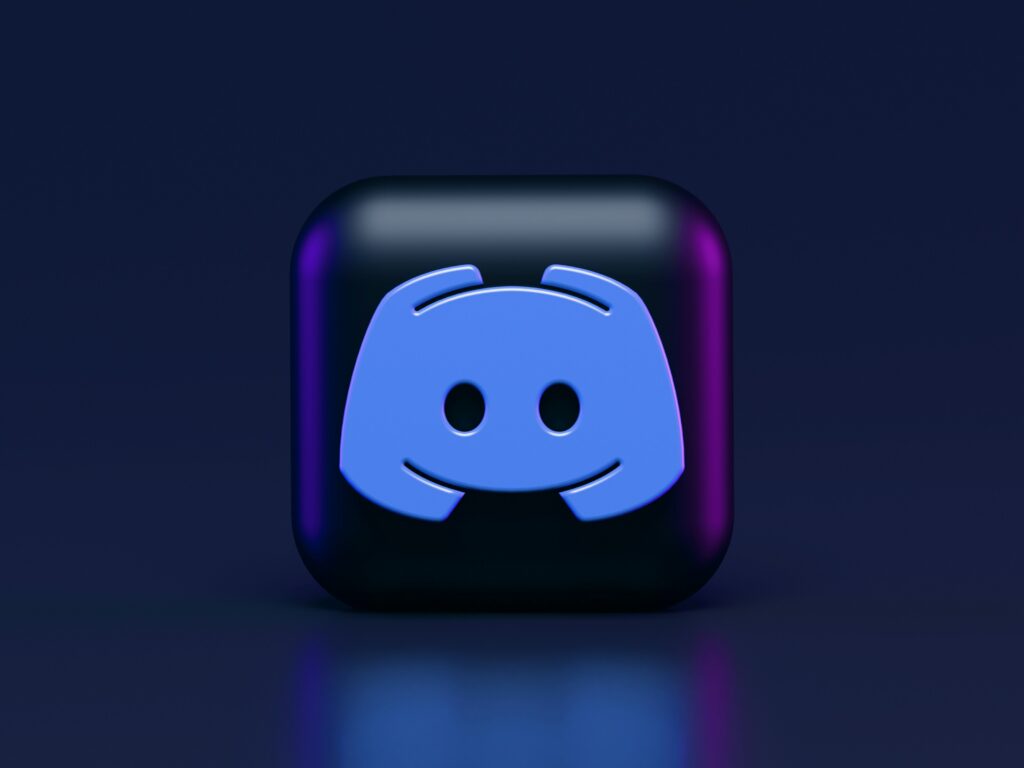
I use Reddit and Quora mainly to ask questions or browse through existing content related to topics of interest. Discord, however, is where I engage with course-specific channels, participate in class discussions, and exchange digital educational materials. This platform also helps me build connections with my peers and collaborate on academic tasks. Also, I have Linkedlin and Github to manage my digital identity that carefully curates my online profiles, interactions, and shared content to reflect my academic and professional goals. For example, my GitHub profile showcases my coding projects and contributions, demonstrating my skills to potential employers.
Maintaining a Positive Web Presence:
- Professional Content: I try to maintain social media posts that are relevant and aligned with my professional goals in fields such as computer science, especially machine learning (Linkedlin, Github).
- Branding Consistency: Consistent branding across profiles, such as LinkedIn, GitHub, and university platforms, is important. This includes concise descriptions of my skills and interests.
- Engagement: Actively participating in online communities with a positive and respectful attitude while avoiding controversial or negative discussions.
- Updates: Regularly updating profiles with recent achievements, certifications, and projects to keep them current and reflective of my growth.
A strong web presence is essential because it shapes how others perceive me and can directly influence post-graduation opportunities. In today’s job market, having a digitally active and well-maintained online presence creates a positive impression on recruiters and collaborators. It fosters trust and credibility—qualities that are vital in both academic and professional settings.
Navigating and Using Online Platforms Ethically:
Learning about new digital platforms has been essential to my academic and professional development. For example, I have gained proficiency in using platforms like GitHub for version control, Jupyter Notebooks for data analysis, and H5P for creating interactive learning content in various projects. Although there was initially a learning curve in understanding their features and best practices, I overcame it by watching online tutorials, participating in forums, and experimenting hands-on.
Why Should One Be Watchful About What They Post and Share?
Being mindful of what you post and share online is essential because:
- Professional Reputation: Employers and collaborators often review online profiles. Inappropriate or misleading content can harm your reputation and delay opportunities.
- Privacy: Sharing personal information indiscriminately exposes you to risks such as identity theft or harassment.
- Accuracy: Sharing false or unverified information damages your credibility and contributes to the spread of misinformation.
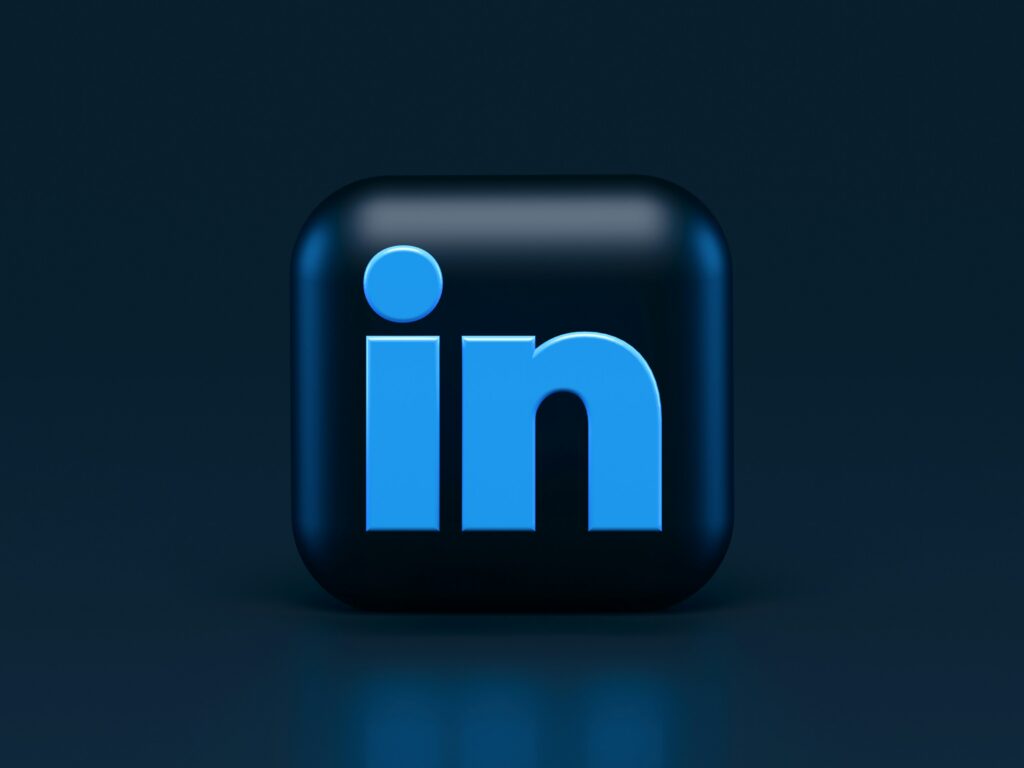
Example: I ensure my GitHub and LinkedIn profiles only include accurate descriptions of my achievements, without exaggerations or inappropriate content. Additionally, I avoid disclosing sensitive or personal information on public platforms.
How Do Ethical Practices Help Build a Positive Online Community?
Ethical practices foster a secure and respectful online environment by promoting trust, collaboration, and inclusivity.
- Respectful Communication: Engaging politely with others, even when disagreeing, encourages open dialogue and positive interactions.
- Credibility: Sharing accurate, well-sourced information helps limit the spread of fake news and builds trust within the community.
- Collaboration: Contributing constructively, such as answering questions in forums or sharing resources, enriches the community and supports collective growth.
- Attribution: Giving credit where it’s due acknowledges the efforts of others, fostering mutual respect and appreciation.
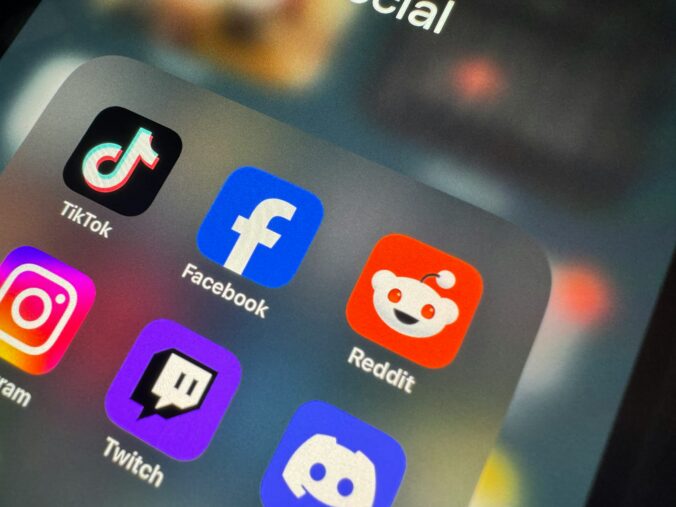
Recent Comments